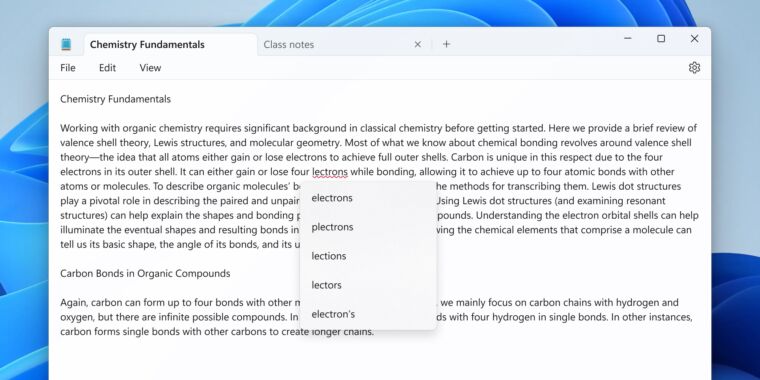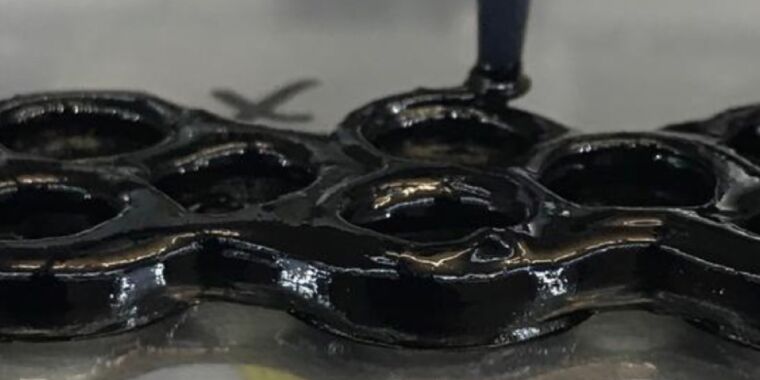
It’s no secret that the US is suffering from a reduced commitment to one of its foundational principles: democratic representation. Gerrymandering, political violence, and unfounded accusations of election fraud are in the news regularly, and the widespread support for them raises questions about why so much of the population has suddenly turned against democratic ideas.
One of the simplest potential explanations is that it’s a product of partisanship grown ugly. Rather than thinking of political opponents as simply wrong, a growing fraction of the US public views their political opposites as a threat that needs to be neutralized. If your opponents represent a danger to society, how could you possibly accept them winning elections?
If that’s a major driver, then lowering the partisan temperature should help. And, conveniently, social scientists have developed interventions that do exactly that. But now, a team of researchers has tested that and found that it doesn’t work. You can make people more comfortable with their partisan opposites, and they’ll still want to suppress their vote—possibly with violence.
Missed connections
The team behind the new work, from a collection of US universities, recognized that there’s a bit of a disconnect in a lot of the current literature on partisan polarization. The dominant idea has been that thinking less of your opponents—viewing them as a threat or morally or ethically challenged—is a pre-condition for doing anything to keep them from power. And, for many, that “anything” includes violating democratic ideals by suppressing votes or resorting to violence.
Under this view, getting people to view their opponents in a better light should restore a willingness to allow those opponents full participation in the political process. And we already have techniques that several studies have indicated help tone down the sort of partisan distaste.
While these techniques restore a better view of political opponents, nobody’s tested whether they improve people’s view of democracy. So they set out to do that.
To determine partisan animosity, they relied on two simple tests. One is the dictator game, where participants chose how much money to share with a fellow player. The other was a “joy of destruction” game, where participants could pay to reduce the holdings of someone else. Committed partisans would be expected to be more likely to reduce the holdings of any players that supported their political opposition. Participants were also simply asked how they felt about political opponents.
Support for democratic principles was measured through several questions. Examples included support for closing polling stations in areas where political opponents lived, support for gerrymandering in cases where it was technically illegal, and finding justification for the use of violence to advance political goals.
As for interventions to change these dynamics, the researchers tested a number. One focused on reminding people of friendships that cross partisan boundaries. Another corrected some of the exaggerated stereotypes about members of the opposite party. And yet another described friendships between major figures in the two parties, like Joe Biden and John McCain.








